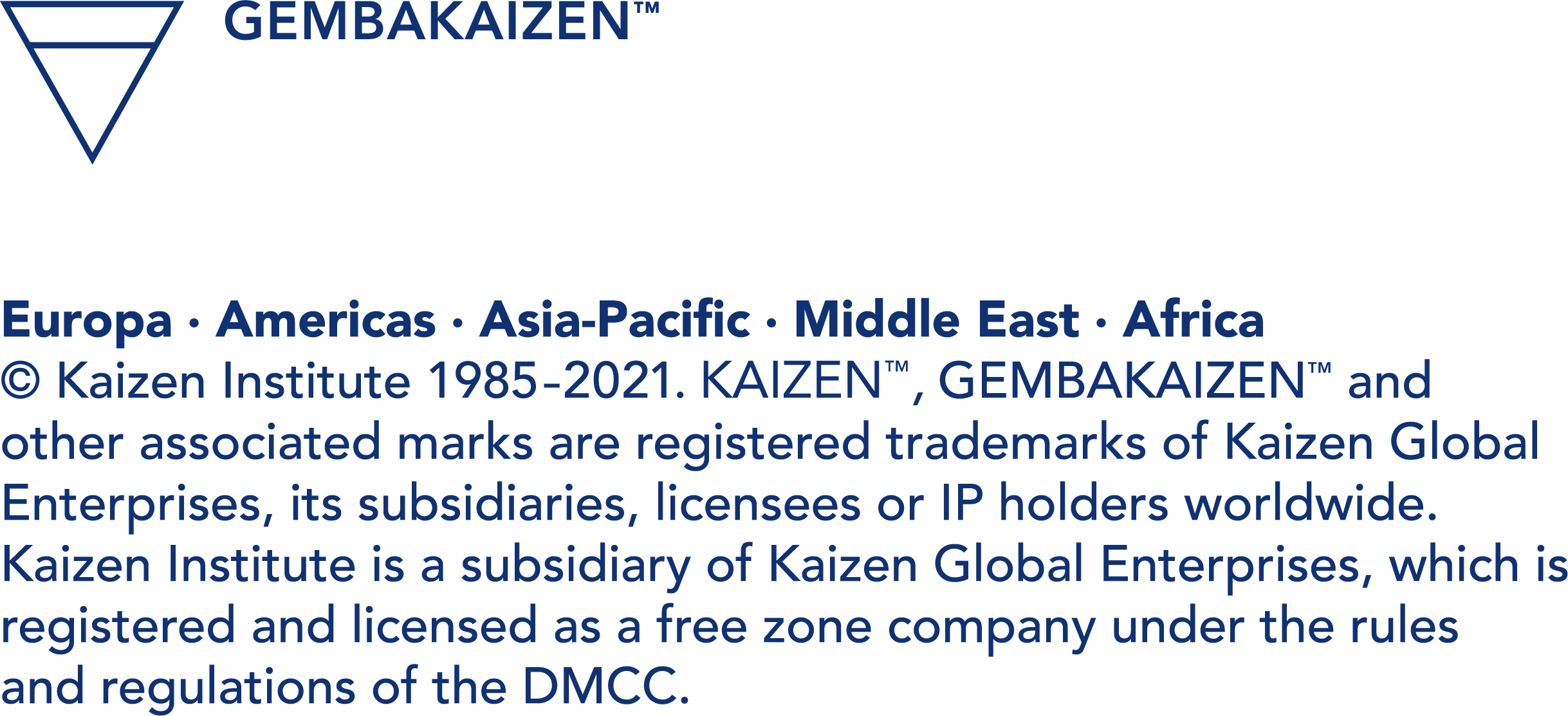Suggestion System & Quality Circles
Important parts of the structure of the house of gemba are the suggestion system and quality circles – proof that employees are actively involved in KAIZEN™ and that management has been successful in building the KAIZEN™ infrastructure. There are marked differences between the suggestion systems practiced in Japan and those in the west.
Whereas the America – style suggestion system stresses the suggestion’s economic benefits and provides financial incentives, the Japanese style stresses the morale-boosting benefits of positive employee participation. Over the years, the Japanese styles has evolved into two segments: individual suggestion and group suggestions, including those generated by quality circles, jishu kanri (JK or “autonomous management”) groups, zero defects (ZD) groups, and other group based activities.
Suggestion systems are currently in operation at most large manufacturing companies and at about half the small and medium size companies. In addition to making employee’s KAIZEN™ conscious, suggestion systems provide an opportunity for the workers to speak out with their supervisors as well as among themselves. At the same time, they provide an opportunity for management to help the workers deal with problems. Thus suggestions are a valuable opportunity for two way communication in the workshop as well as for worker self development.
Generally speaking, Japanese managers have more leeway in implementing employee suggestions than their western counterparts. Japanese manager are willing to go along with a change if it contributes to any one of the following goals:
- Making the job easier
- Removing drudgery from the job
- Removing inconvenience from the job
- Making the job safer
- Making the job more productive
- Improving product quality
- Saving time and cost
The outlook of Japanese management stands out in sharp contrast to the western manager’s almost exclusive concern with the cost of the change and its economic payback. The implications of standardization have been mentioned often in the book. When gemba employees participate in gemba KAIZEN™ and come up with new and upgraded standards, they naturally develop a sense of ownership of these standards and therefore will have the self discipline to follow them. If, on the other hand the standards are imposed from above by management, gemba employees may show psychological resistance to following them. It becomes an “us v/s them” issue. This is another reason why it is so crucial to involve gemba people in such KAIZEN™ activities as suggestion systems and quality circles.
Acknowledgement; Gemba KAIZEN™ by Sensei Masaaki Imai












